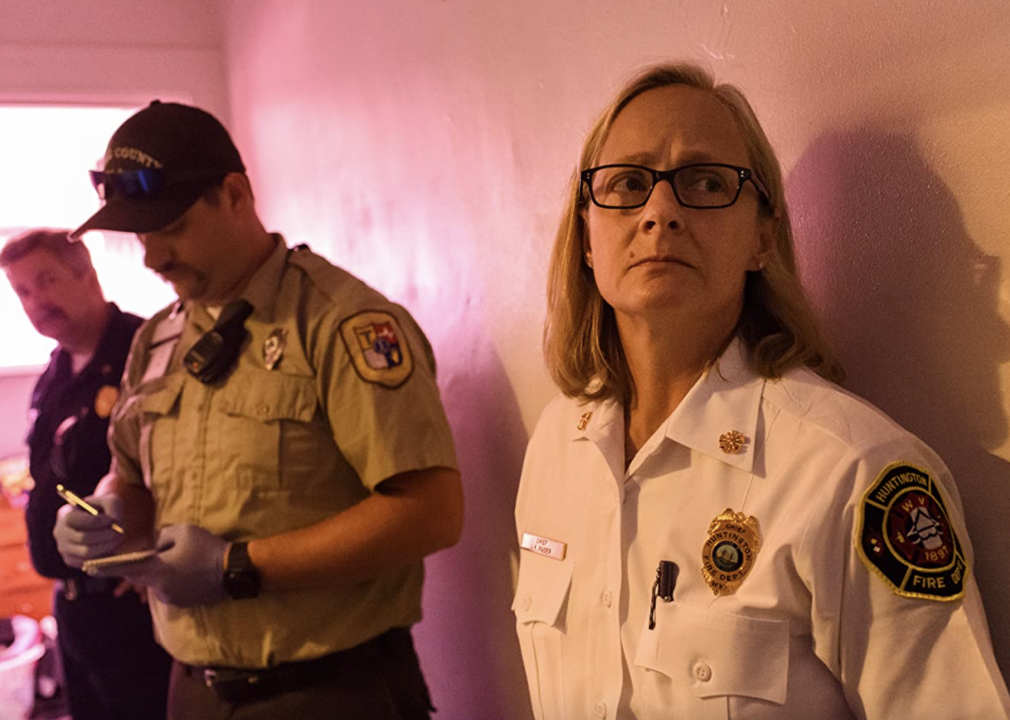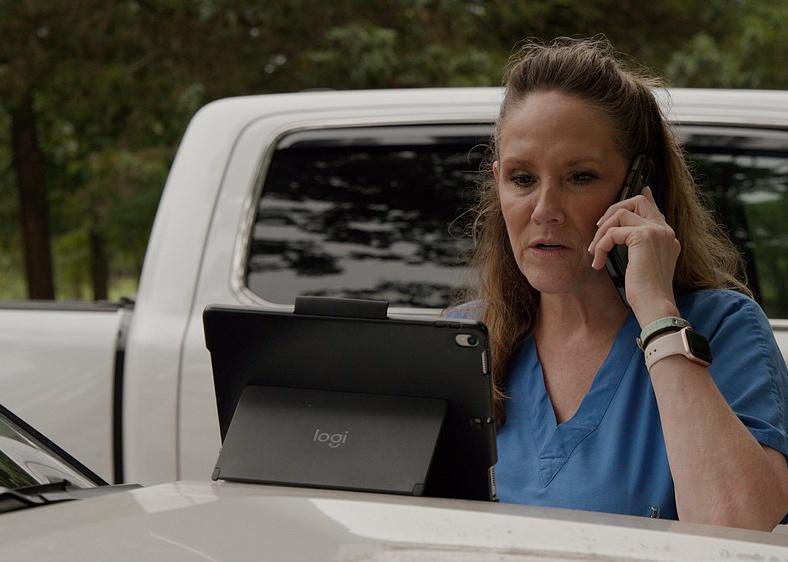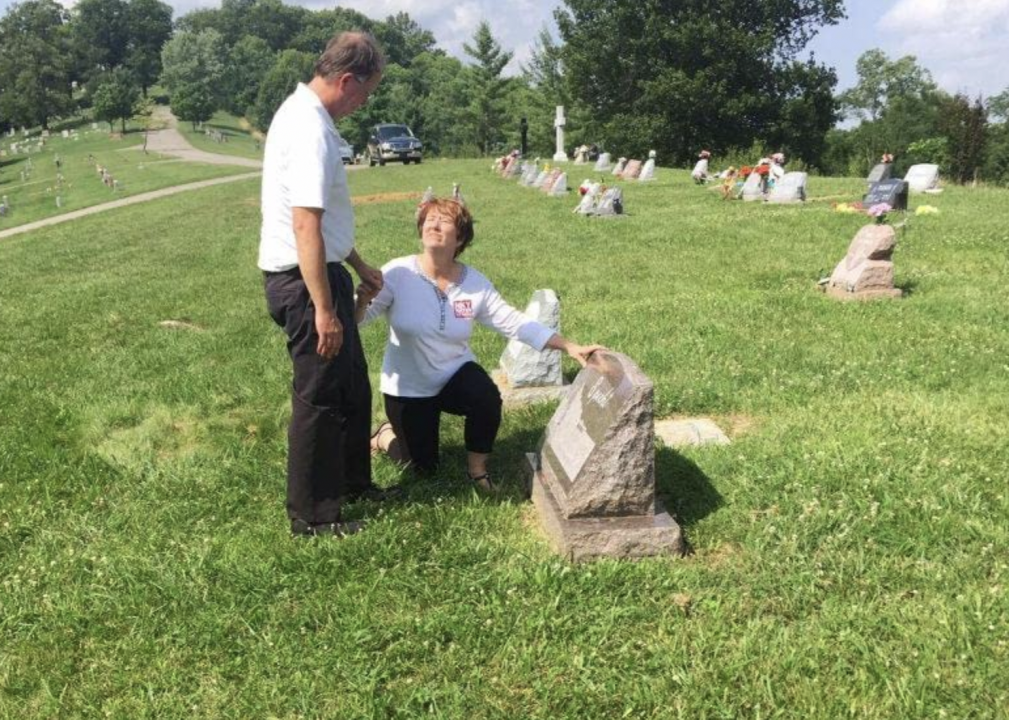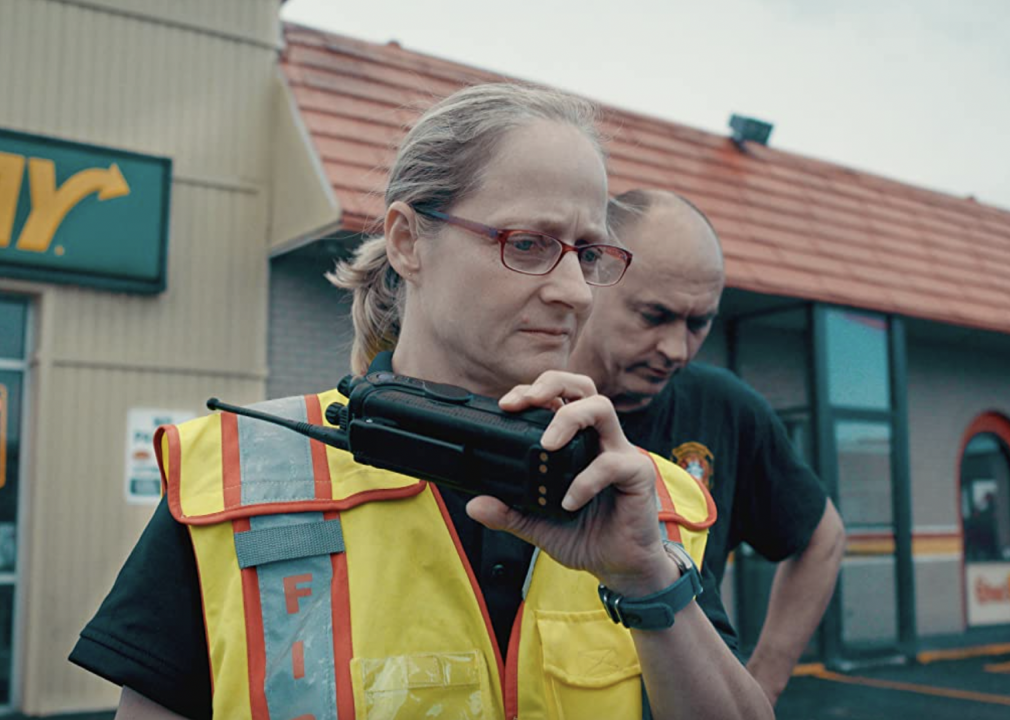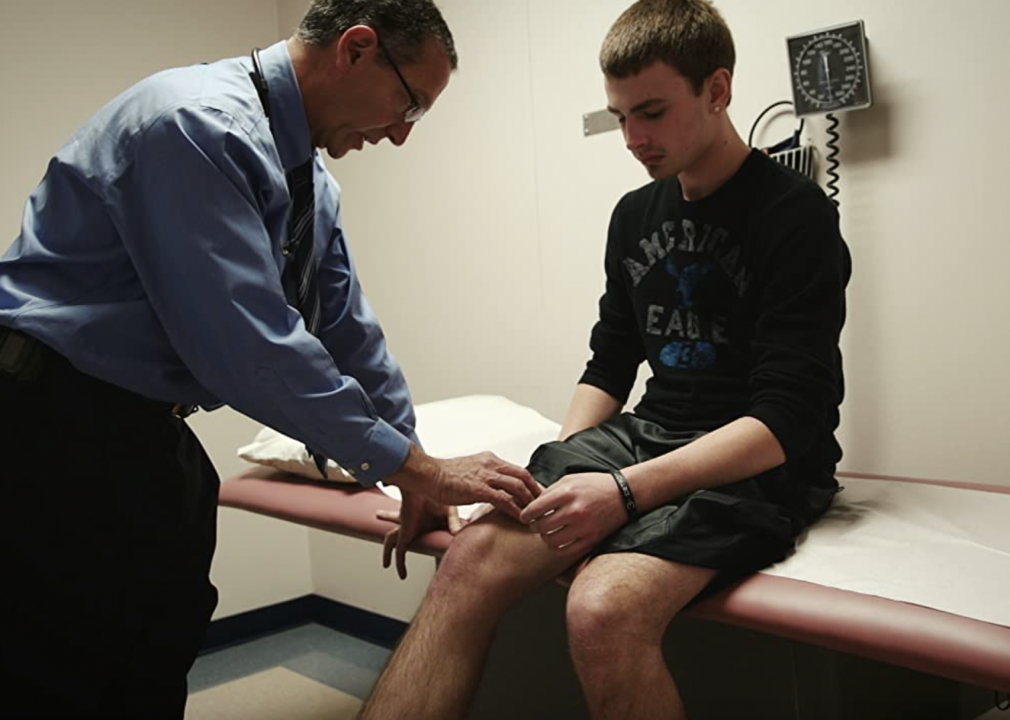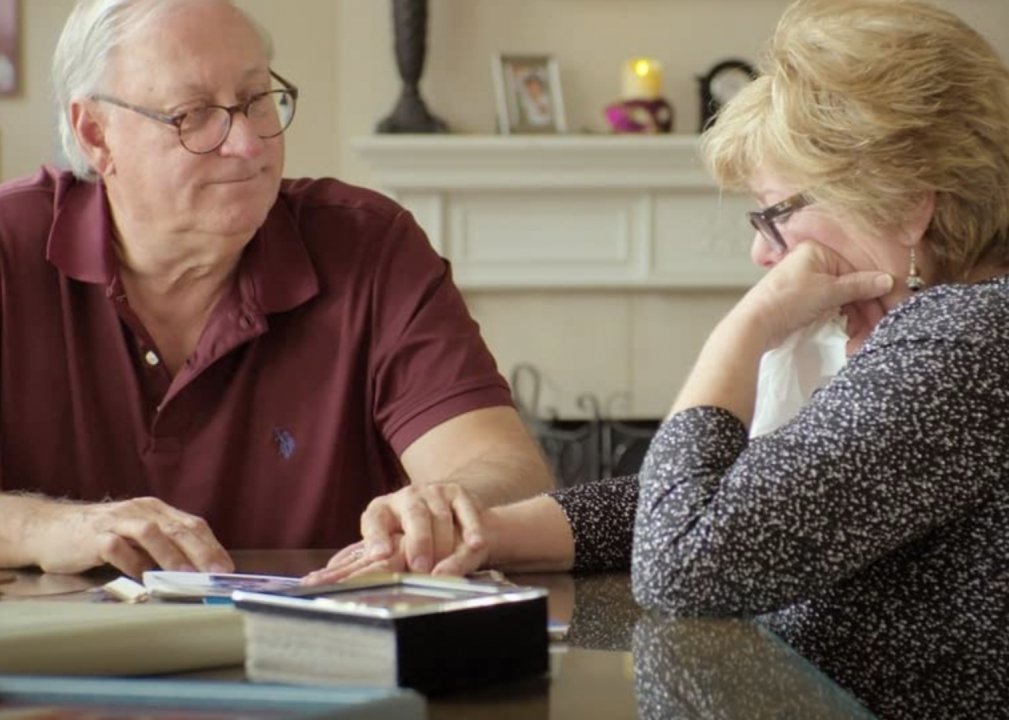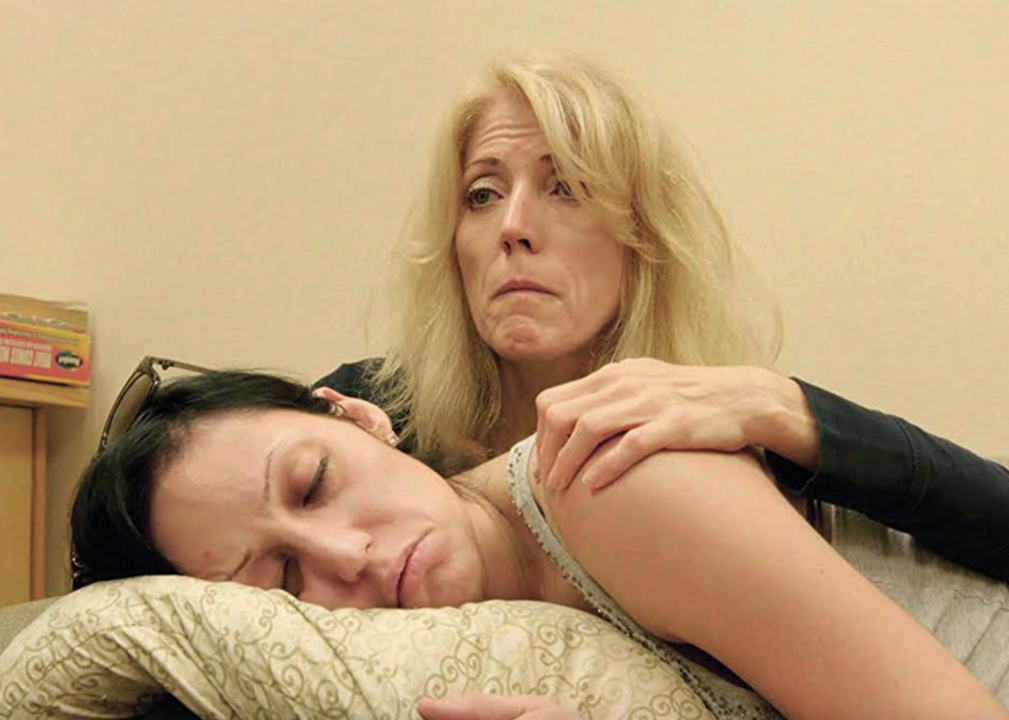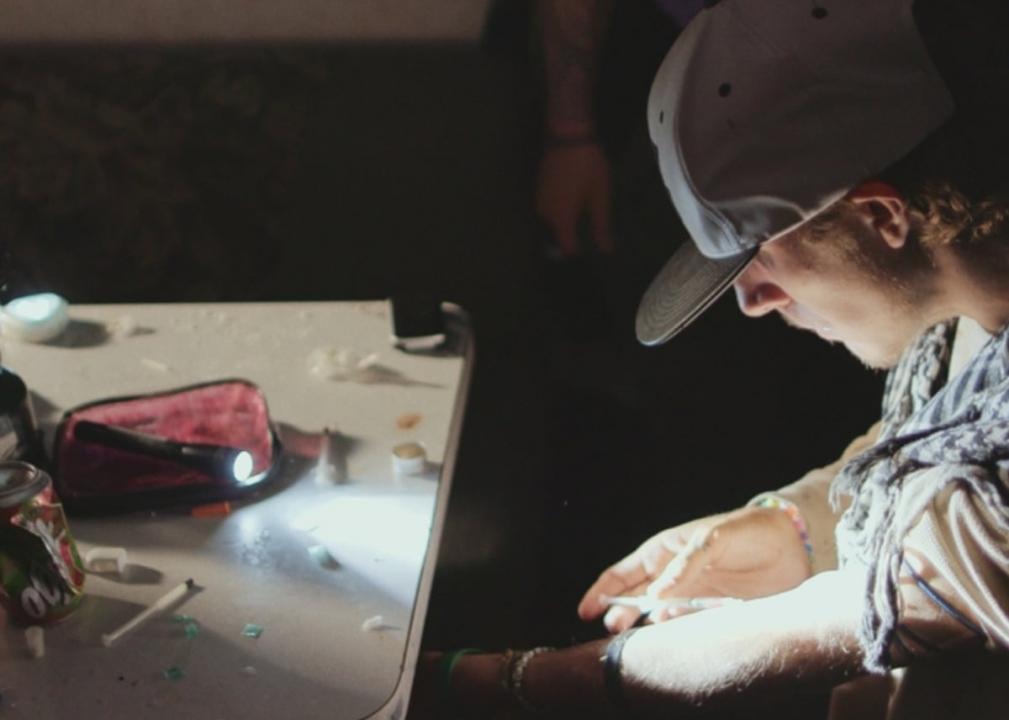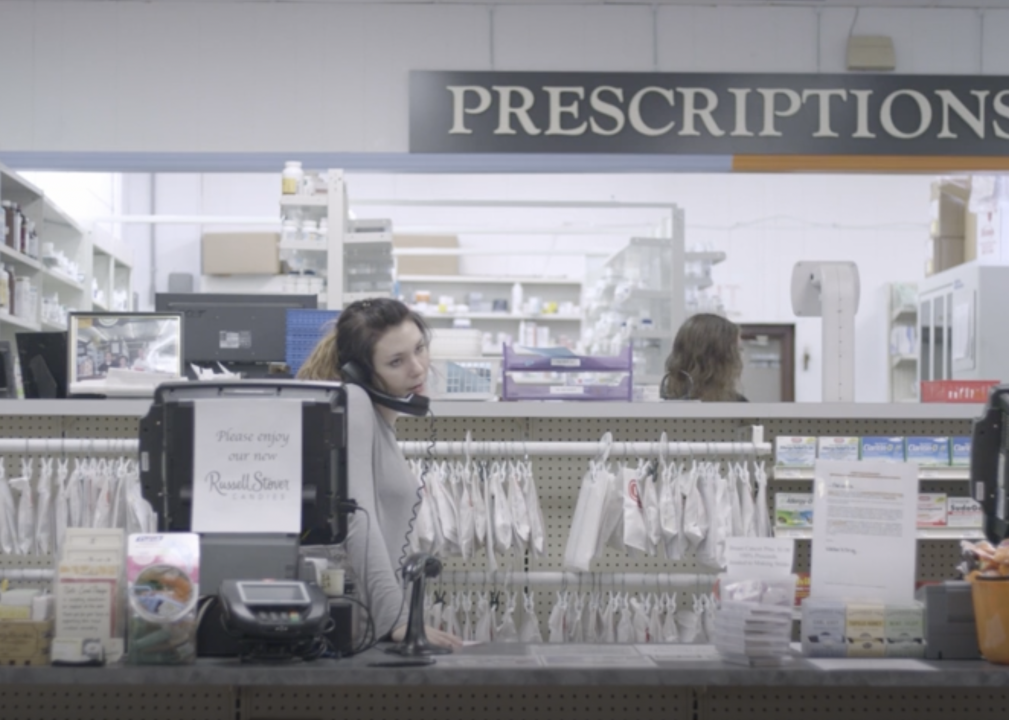10 essential documentaries on the opioid crisis
Requisite Media
10 essential documentaries on the opioid crisis
The Centers for Disease Control and Prevention breaks the opioid epidemic into three waves. The first wave began with the introduction of OxyContin—the highly addictive painkiller made by Purdue Pharma and introduced in 1996—and an increase in prescribing opioids. Spiked opioid addiction rates quickly followed.
A significant rise in heroin overdose deaths marked the second wave in 2010. A third wave followed in 2013 with the sharp jump in overdose deaths connected to synthetic opioids, especially fentanyl, according to the CDC. From 1999 to 2019, close to 500,000 people died due to opioid overdoses.
Hulu’s 2021 drama miniseries “Dopesick” focused on Purdue Pharma pushing sales reps to convince doctors the OxyContin wasn’t addictive despite knowledge to the contrary. The Food and Drug Administration backed Purdue, thereby setting the stage for a drug epidemic that took a hold of the nation. A judge in 2021 approved a deal to dissolve Purdue as a business; the Sackler family, which runs the company, agreed to pay $4.5 billion in a bankruptcy settlement. Many who struggled with opioid addiction or lost a loved one due to OxyContin addiction, have voiced objections to the fact that the Sacklers will likely remain one of the wealthiest families in the United States.
To shed light on this manufactured drug epidemic, Zinnia Health compiled a list of 10 documentary films and docuseries that explore the opioid epidemic.
![]()
HBO Documentary Films
‘The Crime of the Century’
Filmmaker Alex Gibney believes the opioid epidemic is an actual crime committed by physicians, pharmaceutical companies and reps, distributors, and pharmacists. “The Crime of the Century” is an HBO documentary that reveals the role Purdue Pharma and other major manufacturers and distributors played.
Gibney sheds light on the changes the medical community was asked to make to accommodate opioids, including how doctors should expand and rethink the meaning of breakthrough pain, and how pain was the fifth vital sign. The case of Dr. Lynn Webster is also discussed as is his role in the death of Carol Bosley, one of his patients who died of an opioid overdose. Webster was a speaker for the pharmaceutical companies who received monetary compensation.
Netflix
‘Recovery Boys’
A Netflix original, “Recovery Boys” is a 90-minute documentary that chronicles the journey to recovery for four men. After battling opioid addiction, they spend 18 months at a recovery center that is farm-based and located in Aurora, West Virginia. The men include a young father and husband; an addict in his 10th treatment program; one who stole from his grandmother so often to maintain his addiction that she is on the verge of homelessness; and finally, one who comes in directly from the street and is floored by detox.
Elaine McMillion Sheldon, who also directed “Heroin(e),” brings a raw look at addiction and recovery, proving how difficult it is not only to find a treatment center but also to find support once returning home.
Arkansas PBS
‘7 Days: The Opioid Crisis in Arkansas’
Filmmaker Nathan Willis produced and directed “7 Days: The Opioid Crisis in Arkansas,” which opens with the shocking overdose of a woman. It focuses on the stories of people who have struggled with opioid addiction in Arkansas, the families that have lost loved ones to addiction, as well as law enforcement and medical professionals who discuss the crisis in Arkansas. The film also addresses steps the state continues to take surrounding the opioid epidemic. Several agencies—including law enforcement partners, the Arkansas Department of Education, and Arkansas PBS—came together to create the documentary.
Media & Policy Center Foundation
‘Do No Harm: The Opioid Epidemic’
“Do No Harm: The Opioid Epidemic” focuses on the history of the opioid epidemic covering Purdue Pharma’s marketing of the drug OxyContin, which it created, and how misleading it was. The series also addresses the blatant overprescribing by physicians who were coaxed into recommending the drug to patients by Purdue’s overzealous pharmaceutical sales force, which cited an FDA statement that was inaccurate and proved deadly. Ed Harris narrates the three 60-minute episodes of this PBS series. Recovering addicts and their families also share their stories.
Requisite Media
‘Heroin(e)’
“Heroin(e),” a Netflix documentary, turns its lens on three women battling the opioid epidemic in West Virginia. The women in the film are a judge, a street missionary, and a fire chief. The state has a much higher overdose rate than the national average and opioids are, “the number one cause of death associated with drug overdoses,” according to the state’s attorney general’s office. The Oscar-nominated documentary is directed by Elaine McMillion Sheldon. One moment in the film, which seems to sum it all up, takes place when the first female fire chief in West Virginia’s history has to cut filming short to head to a reported overdose.
Kent Bassett
‘This Might Hurt’
After they’ve exhausted other options, chronic pain patients try a new approach to treat and cure their pain. “This Might Hurt” documents their time with Dr. Howard Schubiner, who gets to the root of their pain by revealing the buried trauma causing it. Schubiner then teaches them to retrain their brains to turn off the pain. The film was an official selection at the 2019 Austin Film Festival.
The Cinemart
‘The Pharmacist’
“The Pharmacist” is the story of pharmacist Dan Schneider, who works to find justice for his son, killed while buying crack. Schneider then realizes young people are coming to his pharmacy with prescriptions for high doses of the powerful opioid OxyContin. Not willing to lose any more sons and daughters, Schneider tapes conversations and begins a fight against Big Pharma. This four-part miniseries premiered on Netflix and was directed by Jenner Furst and Julia Willoughby Nason.
HBO Documentary Films
‘Warning: This Drug May Kill You’
Director Perri Peltz and HBO bring audiences “Warning: This Drug May Kill You,” a story about four families and their battles with opioid addiction. The families’ loved ones had legitimate prescriptions for addictive painkillers, which led to their addiction. These legally prescribed drugs often led to the abuse of illegal drugs like heroin. The 60-minute documentary features personal photos and home videos as well as information and statistics about opioids.
Our Time Projects
‘The Trade’
The series as a whole shines a light on illicit industries. The first season of this Showtime documentary focuses on the opioid epidemic. From Mexican cartels to middle America, the show chronicles the struggle opioids have brought with them. “The Trade” was directed by Oscar-nominated filmmaker Matthew Heineman who also directed “Cartel Land,” which was nominated for an Academy Award and took home three Primetime Emmys.
Asylum Entertainment
‘Dr. Feelgood’
This portrayal of physician and pain management specialist Dr. William Hurwitz tells both sides of the story. Hurwitz presents himself as a caring and trusting doctor who helped his patients by dispensing pain-management drugs—and who was duped by those who sold the medications he prescribed on the black market. Audiences are also presented with evidence to the contrary, a five-year prison sentence for the good doctor and two trials for distribution of narcotics. Eve Marson directs “Dr. Feelgood” and seems at ease giving viewers access to the whole story and the many sides of Hurwitz.
This story originally appeared on Zinnia Health
and was produced and distributed in partnership with Stacker Studio.
